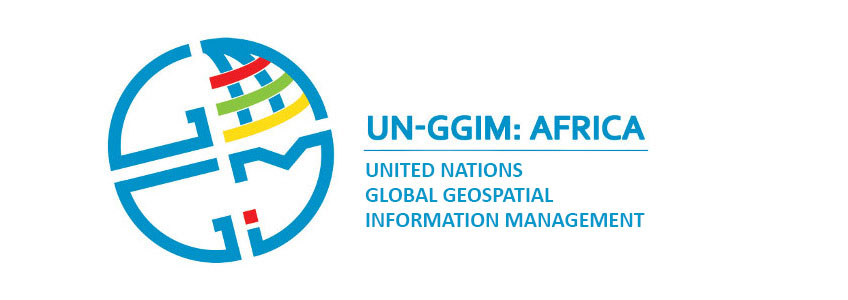Following extensive consultation with geospatial experts from Member States, the Economic and Social Council considered the Secretary General's report (E/2011/89) and adopted resolution 2011/24 to create the United Nations Committee of Experts on Global Geospatial Information Management (UN-GGIM). Following resolution E/RES/2016/27 "Strengthening institutional arrangements on geospatial information management", the role of the regional committees of UN-GGIM was highlighted as a mechanism for a strong and streamlined regional infrastructure that brings important regional perspectives to the global level and for the outcomes and benefits of the global activities to be disseminated to all Member States in each region.
This builds on work initiated In August 2011, where an African Global Geospatial Information Management Preparatory meeting recommended African Member States, UNECA and the African Union Commission implement a continental framework toward the active participation of African countries in UN-GGIM. The third session of the Committee on Development Information, Science and Technology meeting (CODIST), convened on 13th March 2013, resolved that the oversight and supervisory functions of its Subcommittee on Geoinformation (CODIST-Geo) be transferred to an equivalent subcommittee of StatCom Africa with the name of UN-GGIM: Africa. Following this, UNECA organized an inception meeting in Tunisia in December 2014 on UN-GGIM in Africa, in parallel with StatCom Africa, to discuss the critical aspects and agree on a basic set of concepts, practices, standards, and guidelines for establishing an African regional entity of UN-GGIM; and, create a road map outlining an action framework of related responsibilities, timescales and costs.
As such, UN-GGIM: Africa builds on the foundation of these important efforts, while simultaneously enriching the development and transparency of individual nations and Africa as a whole. These outcomes will ultimately benefit the African people through, among other things, better health care, infrastructure development and improved education, achieved through the strengthening of geospatial information.
Documents
- UN-GGIM: Africa Statute
- UN-GGIM: Africa Rules and Procedures
- Report of the Third Regional Committee Meeting, Addis Ababa, Ethiopia, 22-23 November 2017
- Report of the Second Regional Committee Meeting, Abidjan, Cote d'Ivoire, 30 November - 2 December 2016
- Report of the First Regional Committee Meeting, Nairobi, Kenya, 23-25 November 2015
- Inception Meeting, Tunis, Tunisia, 10-12 December 2014 - Report
- African Geodetic Reference Frame - Report
- The African Action Plan on Global Geospatial Information Management
- UN-GGIM: Africa: Road map for implementation: Foundational principles
- The African Geospatial Statistical Framework for the integration of geospatial and statistical information

